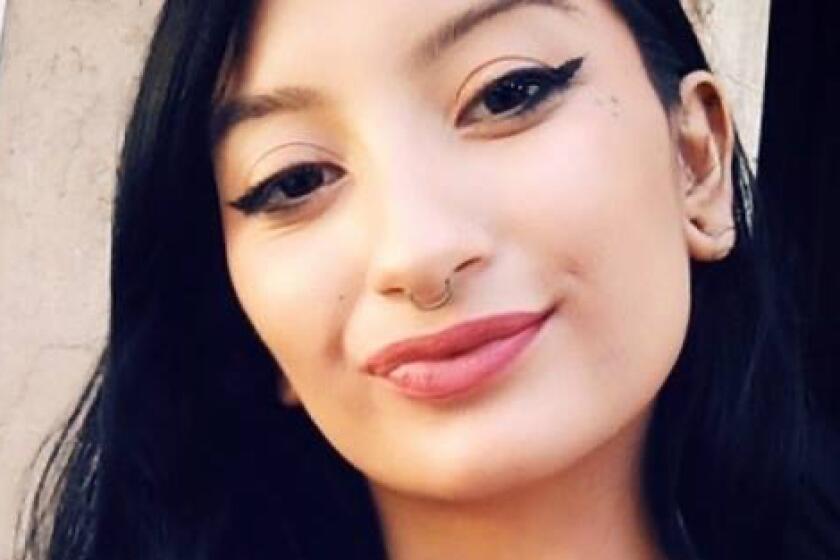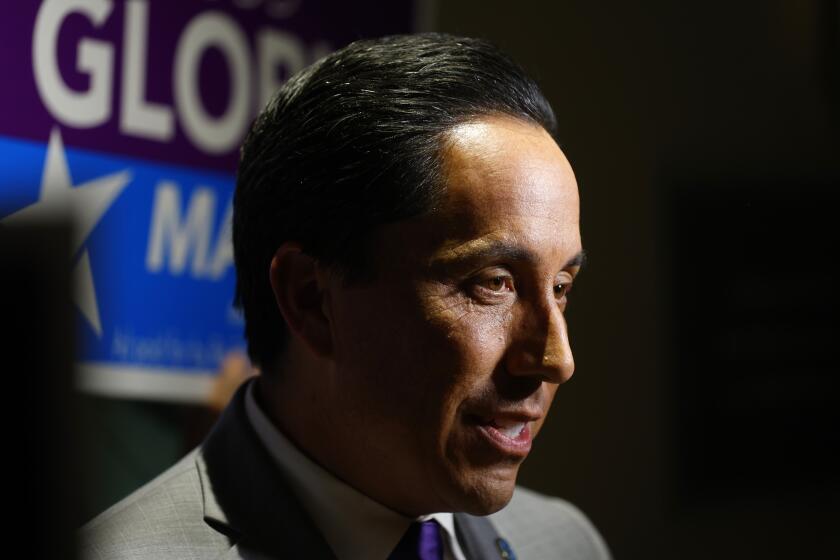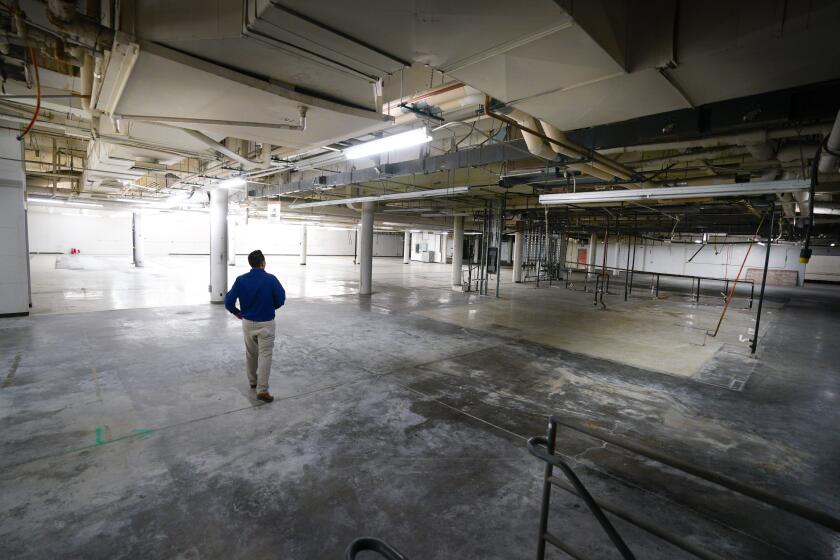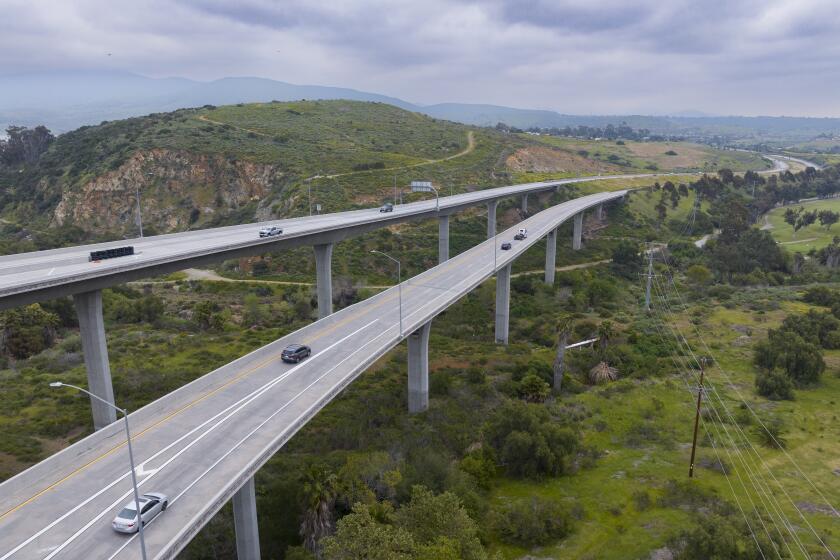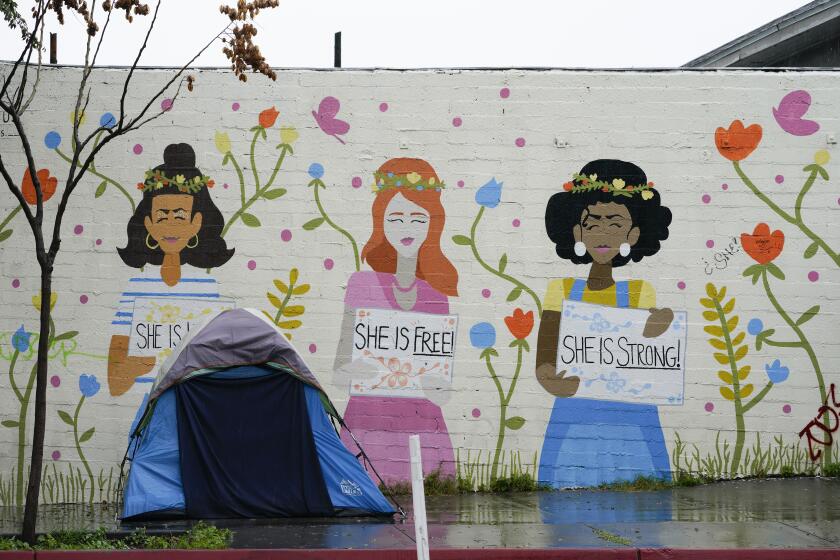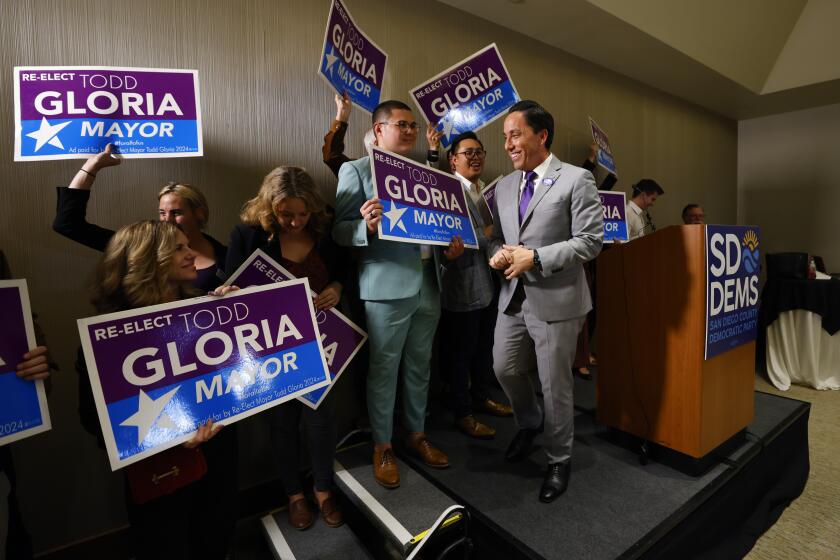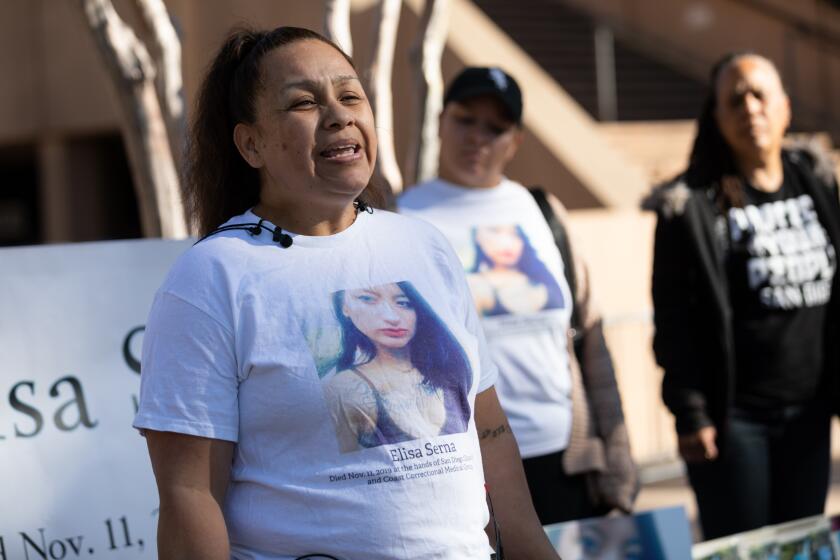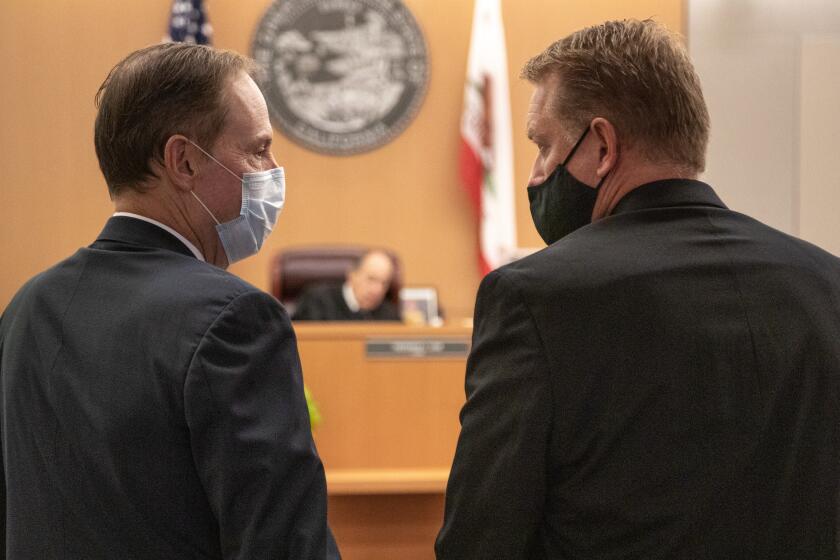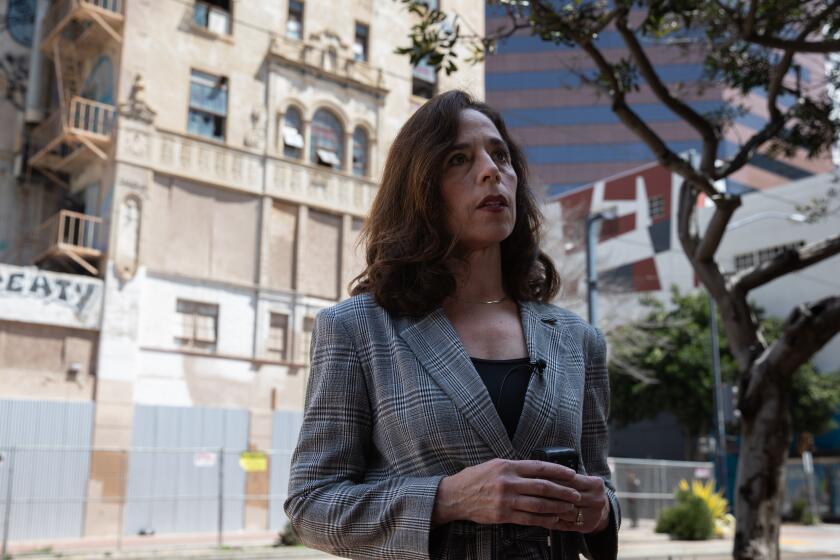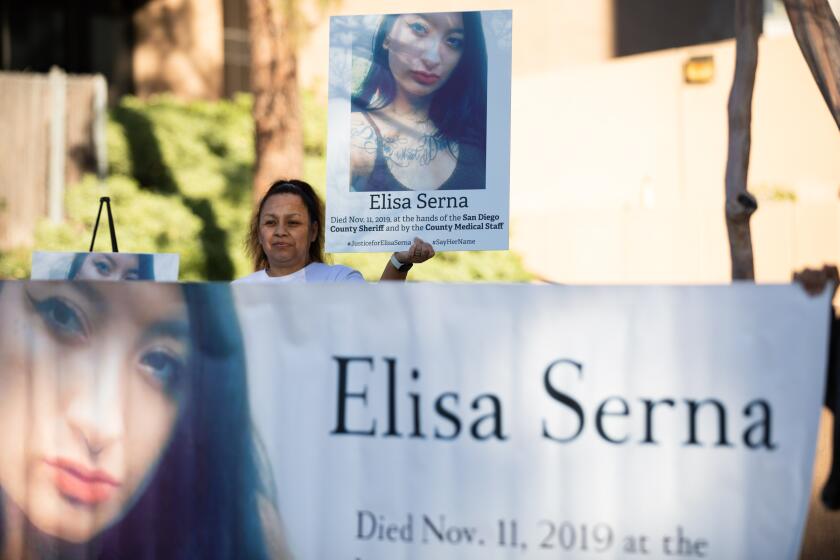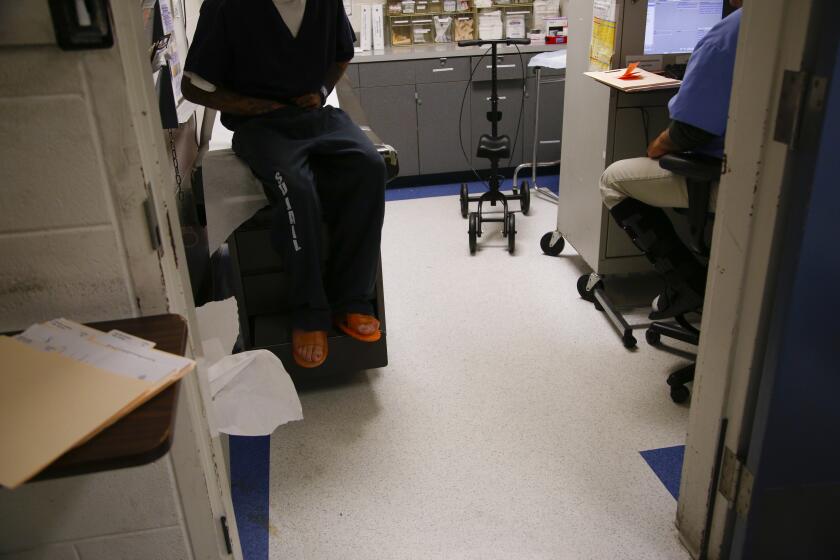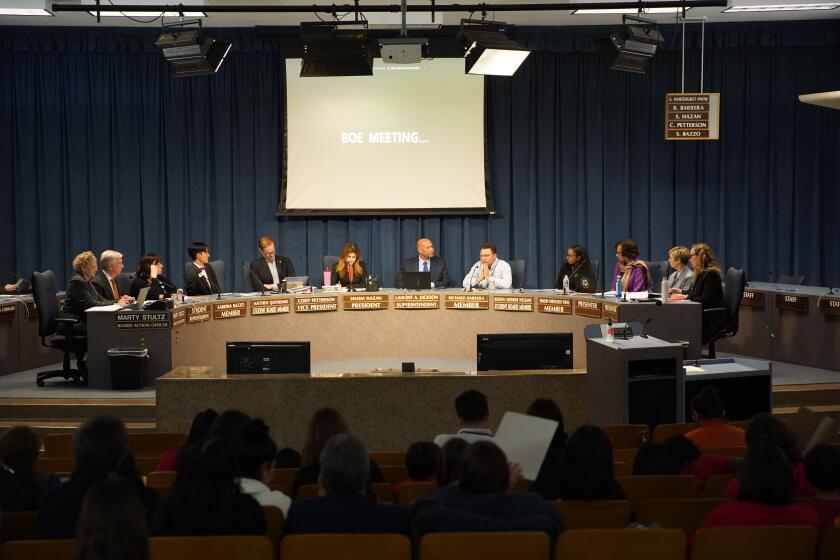State closes probe of CPUC president
State elections regulators have cleared the California Public Utilities Commission president of any wrongdoing related to a February gala dinner honoring his predecessor.
The Fair Political Practices Commission announced late Friday that its investigation into Michael Picker was over and the top state utilities regulator had not broken any rules.
“After a full investigation, the enforcement division has closed this case without finding a violation,” the commission wrote to Picker in a letter dated Sept. 28.
Picker, who was confirmed by the state Senate as utilities commission president last month, did not immediately respond to a request for comment. He has maintained through a spokeswoman all along that he fully complied with state disclosure rules.
The state political regulator opened its investigation earlier this year into Picker’s disclosure forms related to a February dinner organized to honor Picker’s predecessor, Michael Peevey. The event was attended by hundreds of industry executives and public officials.
On a state form for reporting funds raised at the behest of a public official, Picker disclosed that $65,000 was raised in his name from labor groups and energy lawyers to help pay for the dinner. Picker said then that he was wrongly listed as a co-sponsor and filed the disclosure out of an abundance of caution.
Proceeds from the dinner expenses were supposed to be donated to the University of California, but school officials rejected the money after alumni and others complained that the university should not accept the funds amid criminal investigations of backchannel dealings between regulators and utility companies.
Latest: CPUC
- Consumer group builds PUC email database
- AG says CPUC probe hasn’t stalled
- State to reopen $4.7 billion San Onofre deal
- CPUC meets with Wall Street types, too
- Consumer attorney raises question: Whose side is the attorney general on?
- CPUC now wants $12.3 million for legal fees
MORE WATCHDOG
State agents searched Peevey’s Los Angeles area home in January, and he is a key subject in ongoing investigations by state and federal prosecutors.
According to state law, contributions made at the behest of public officials are required to be disclosed. Picker never amended his filing to indicate where the proceeds raised for the Peevey tribute dinner were eventually donated.
The main organizer of the event, hosted by former Mayor Willie Brown at the Julia Morgan Ballroom in San Francisco, declined to say which charities eventually accepted the net proceeds of the dinner.
Before closing the investigation, the Fair Political Practices Commission apparently requested that Picker amend his disclosure report. In an August letter to the commission, Picker’s attorney sought additional time to meet the request.
“Due to the need for clarification regarding the above questions, we are requesting an extension to file an amendment to the behested payment reports, as requested in your letter of July 21,” Picker legal adviser Christine Hammond wrote.
As of Friday afternoon, no such amendment has been filed on the utilities commission website, where such forms are posted.
Picker told The San Diego Union-Tribune in February that he paid the $250 suggested donation to the Peevey dinner with a personal check. The August letter that Hammond sent to the Fair Political Practices Commission said the dinner cost more than the $250 Picker paid, so he made up the difference.
“President Picker wrote out a personal check for an additional $25 to ensure that he paid for the expenses related to his attendance at the February 12 dinner, because the original $250 check was insufficient to cover all of the expenses of one dinner attendee,” Hammond wrote.
Jay Wierenga, spokesman for the Fair Political Practices Commission, said his office determined that Picker had little to do with organizing the Peevey tribute or soliciting the money to pay for it.
“Basically, enforcement division concluded Mr. Picker was not the primary person making the original behest nor did he make any recommendations or have any part in the final determination of where the returned money was eventually deposited,” Wierenga said.
The “enforcement division concluded Picker filed the first report out of an abundance of caution, even though he was just one of many sponsors of the event, feeling it was prudent but not necessarily legally required.”
Get Essential San Diego, weekday mornings
Get top headlines from the Union-Tribune in your inbox weekday mornings, including top news, local, sports, business, entertainment and opinion.
You may occasionally receive promotional content from the San Diego Union-Tribune.

